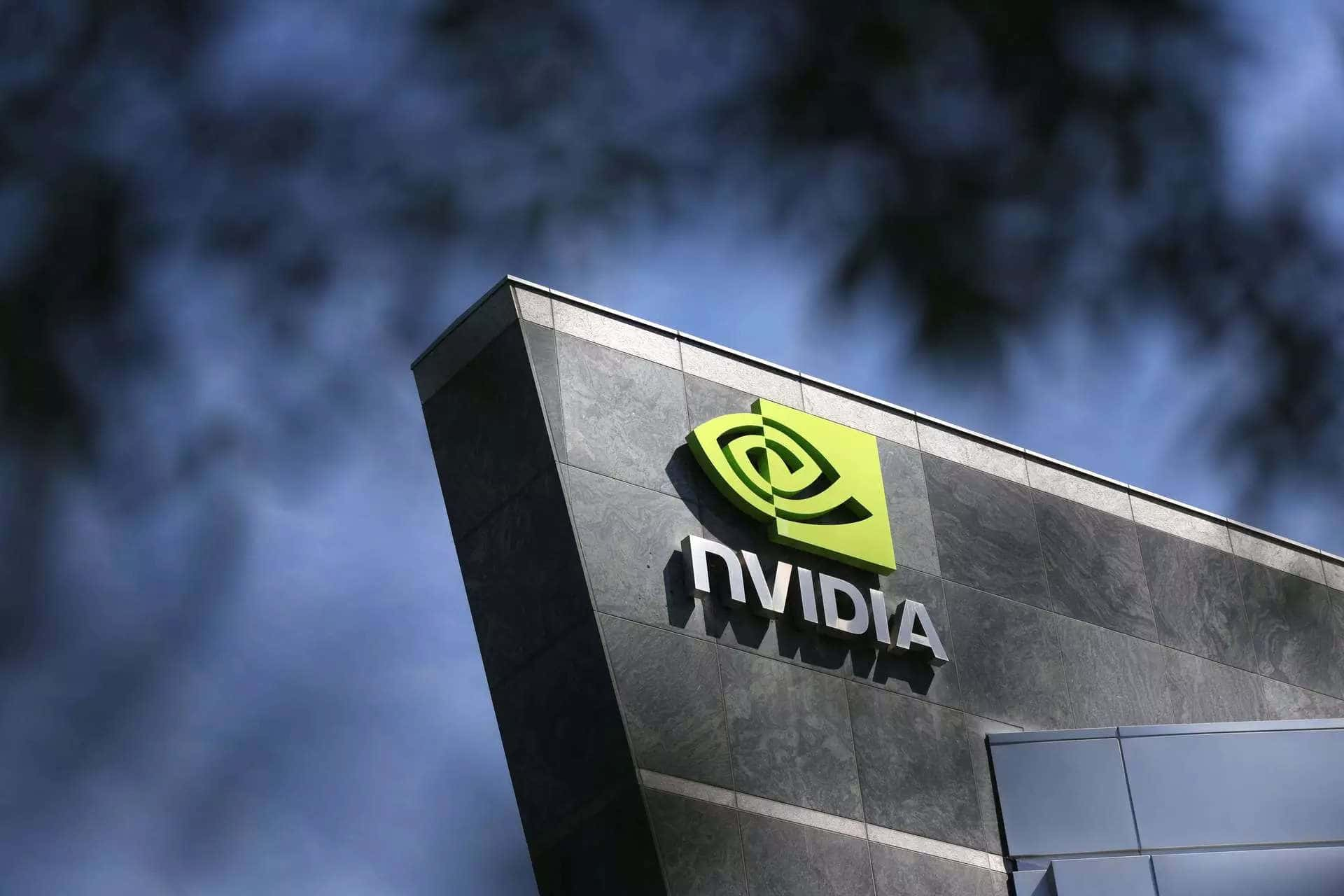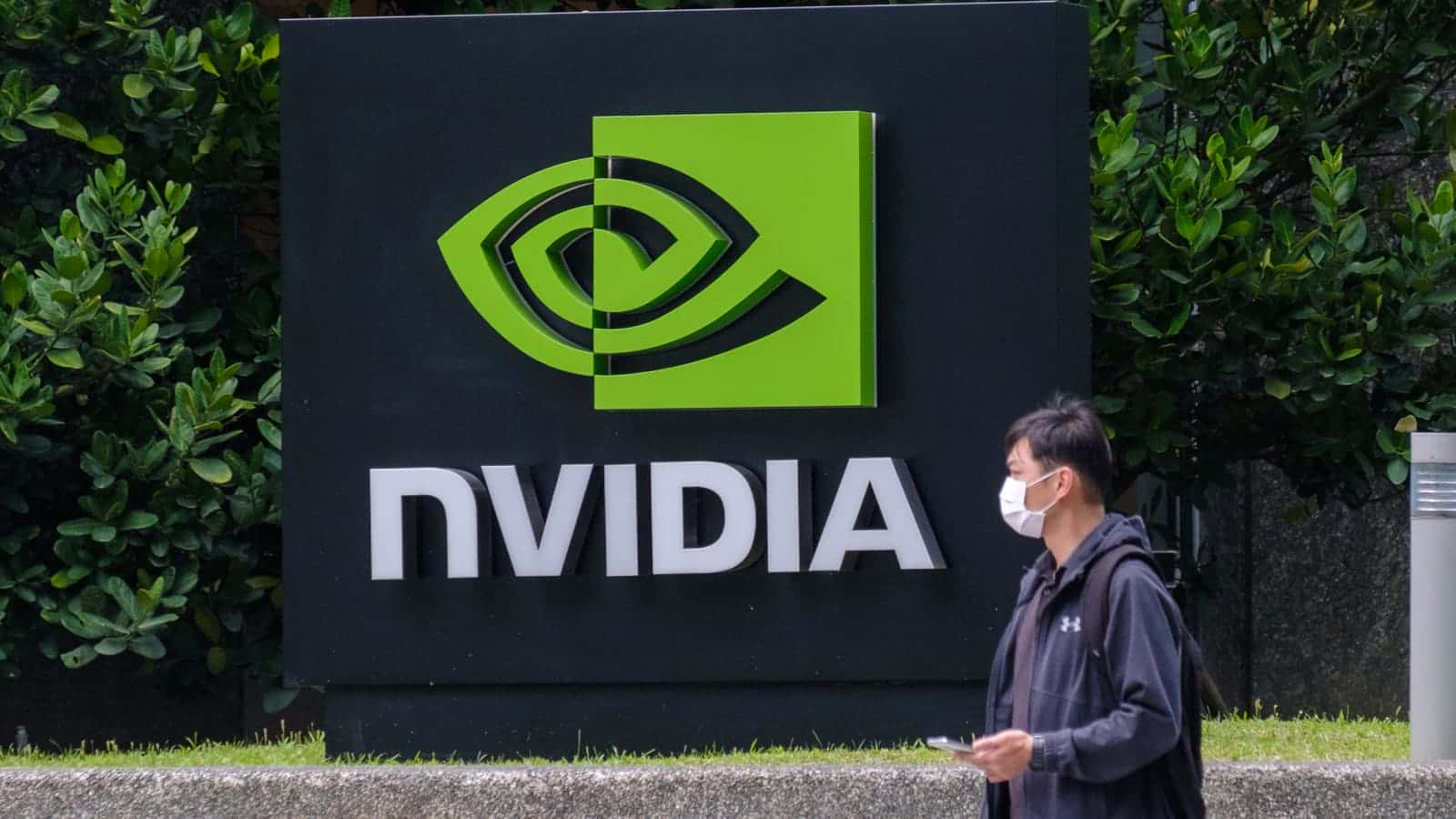The company reported revenues of $26.97 billion in the fiscal year 2023, $26.91 billion in 2022, and $16.67 billion in 2021.

Nvidia, the latest addition to the trillion-dollar club, has come under scrutiny for paying surprisingly low amounts of federal taxes despite its staggering revenue
Its annual income tax payments during that period amounted to only a few hundred million dollars. According to Nvidia’s financial statements, it recorded income tax expenses of $189 million, $77 million, and $174 million for fiscal years 2022, 2021, and 2020, respectively. This resulted in an annual effective tax rate of 1.9%, 1.7%, and 5.9% for those respective years.
The main reason behind this remarkably low tax payment is the federal tax benefits that Nvidia receives for attracting significant foreign direct investment to the US tech market, particularly in the field of artificial intelligence (AI).
Nvidia benefits from the Chips and Science Act, which was passed in August of last year. This legislation aims to enhance the US semiconductor supply chain by providing research and development incentives. Under this law, Nvidia is eligible for a 25% tax credit on investments made in semiconductor manufacturing. The act allocates $52.7 billion over five years in grants and loans to encourage chip production within the United States. Additionally, the company enjoys tax advantages for attracting foreign direct investments into the US AI market.
A significant portion of Nvidia’s income comes from various jurisdictions, including Israel, Europe, China, and Taiwan
In 2019, half of the company’s profits originated from Israel, while it only paid 3.7% in US federal taxes that year. Nvidia has a presence in over 20 countries, with the United States accounting for just 7.3% of its revenue. Taiwan (24.6%) and China (22.6%) are the top contributors to its sales revenue.
Nvidia’s acquisition of Israeli chip designer Mellanox Technologies in 2019 for nearly $7 billion further solidified its operations outside the US. The company’s Israel branch, which employs 3,000 people, represents 12% of its total workforce and includes its largest research and development center beyond US borders.
While US corporations are typically subject to a federal corporate income tax rate of 21% (8.84% in California where Nvidia is headquartered), tax breaks introduced by the 2017 Tax Cuts and Jobs Act and the CARES Act of 2020 have allowed many large companies to avoid corporate tax payments. In fact, 55 major corporations paid no corporate taxes in 2020 and received $3.5 billion in tax rebates, collectively saving $12 billion in corporate tax breaks. Nvidia is among the beneficiaries of these two laws.




